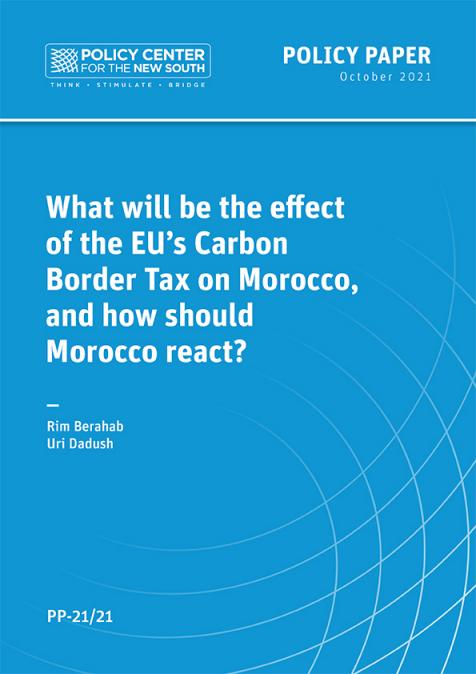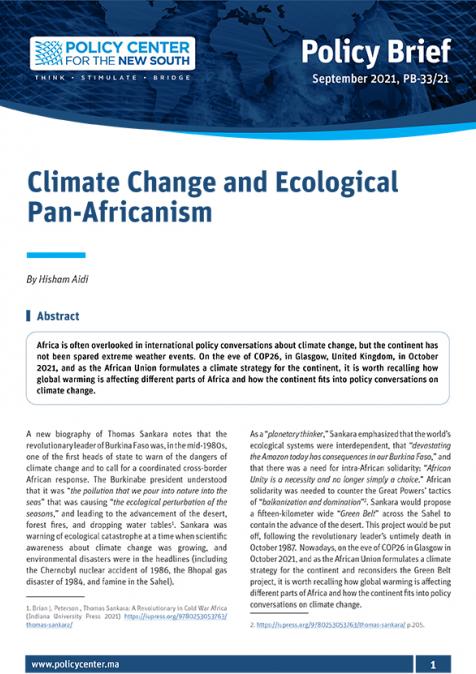Podcasts
How to face the energy crisis while staying on the decarbonization path?
17
March
2023
Related topics:
This podcast explores the challenge of balancing the need for energy with the urgent necessity of reducing greenhouse gas emissions to combat climate change. It delves into the complex issues of the energy crisis, which refers to the increasing global demand for energy coupled with the finite resources and negative environmental impacts of fossil fuels. The podcast discusses how societies can address the energy crisis while decarbonizing their economies and provides insights and strategies on how individuals, businesses, and governments can work together to transition to a cleaner and more sustainable energy future.









